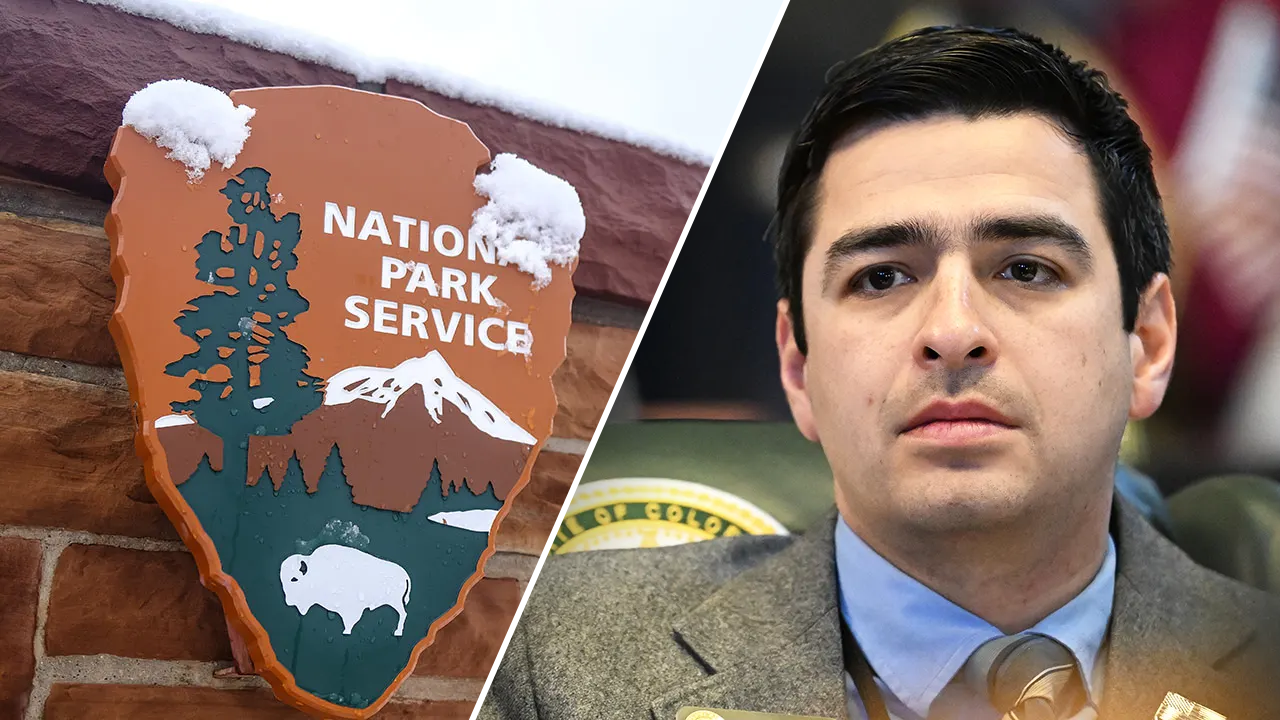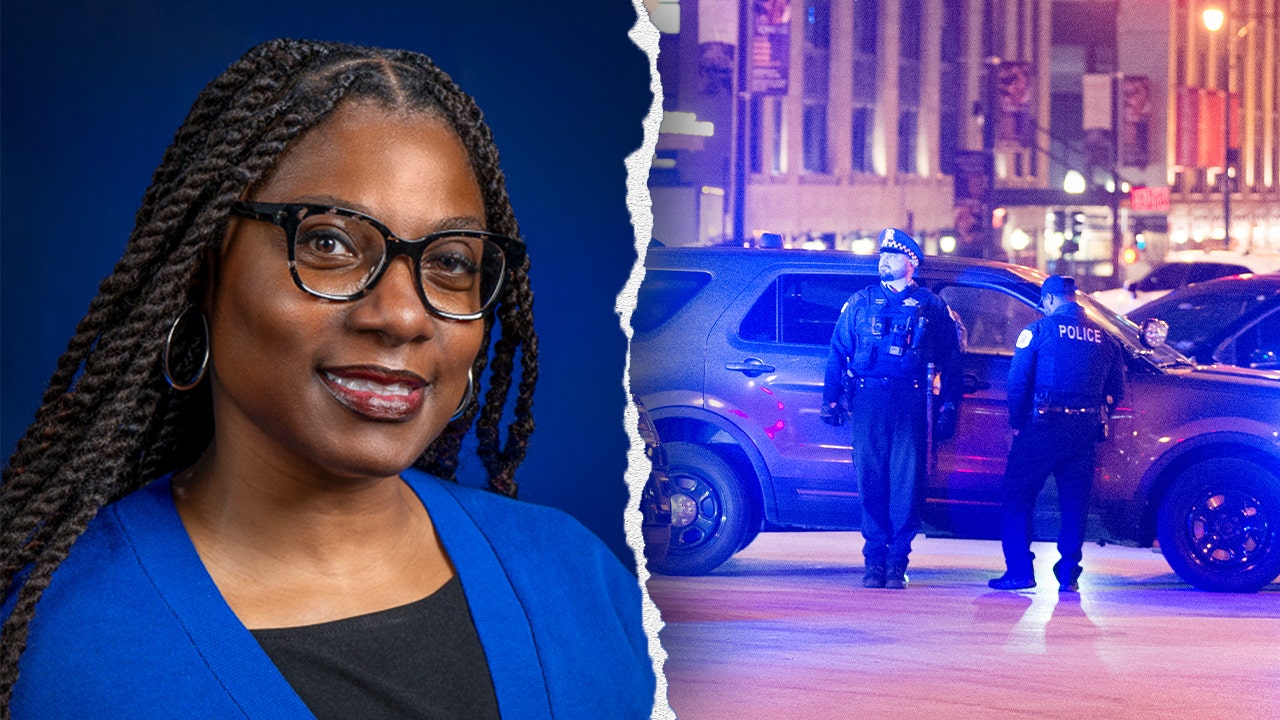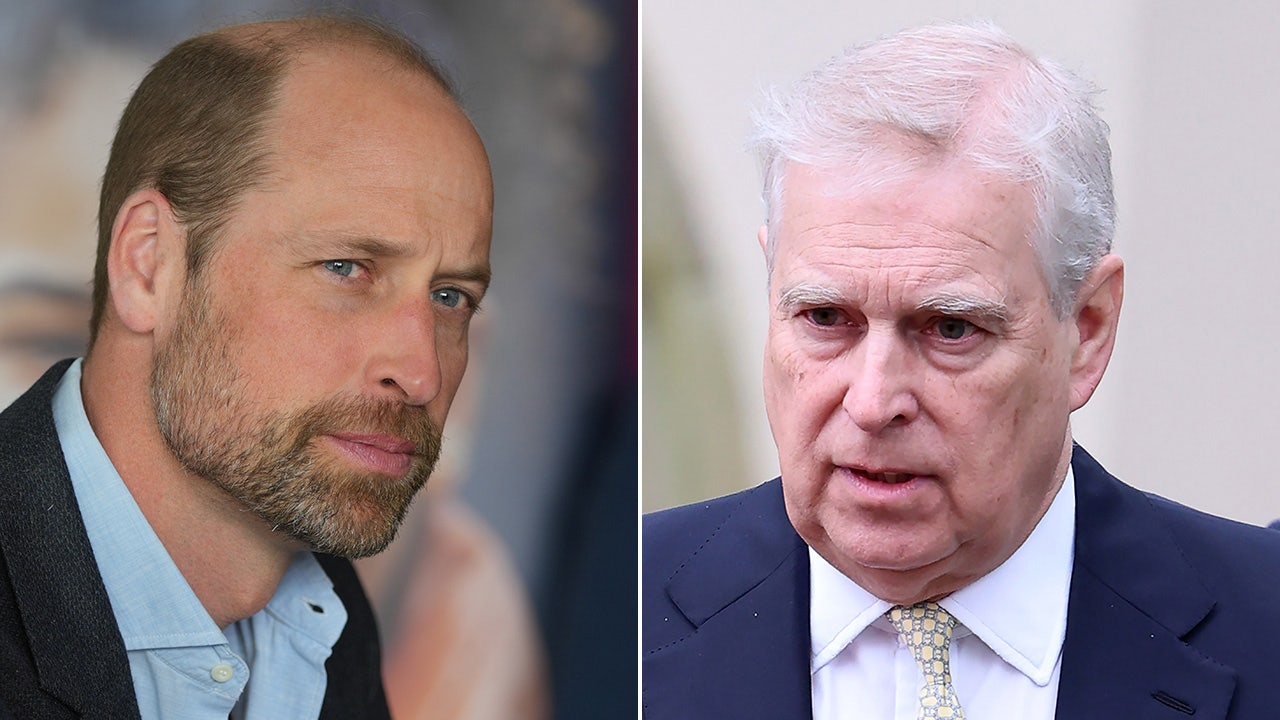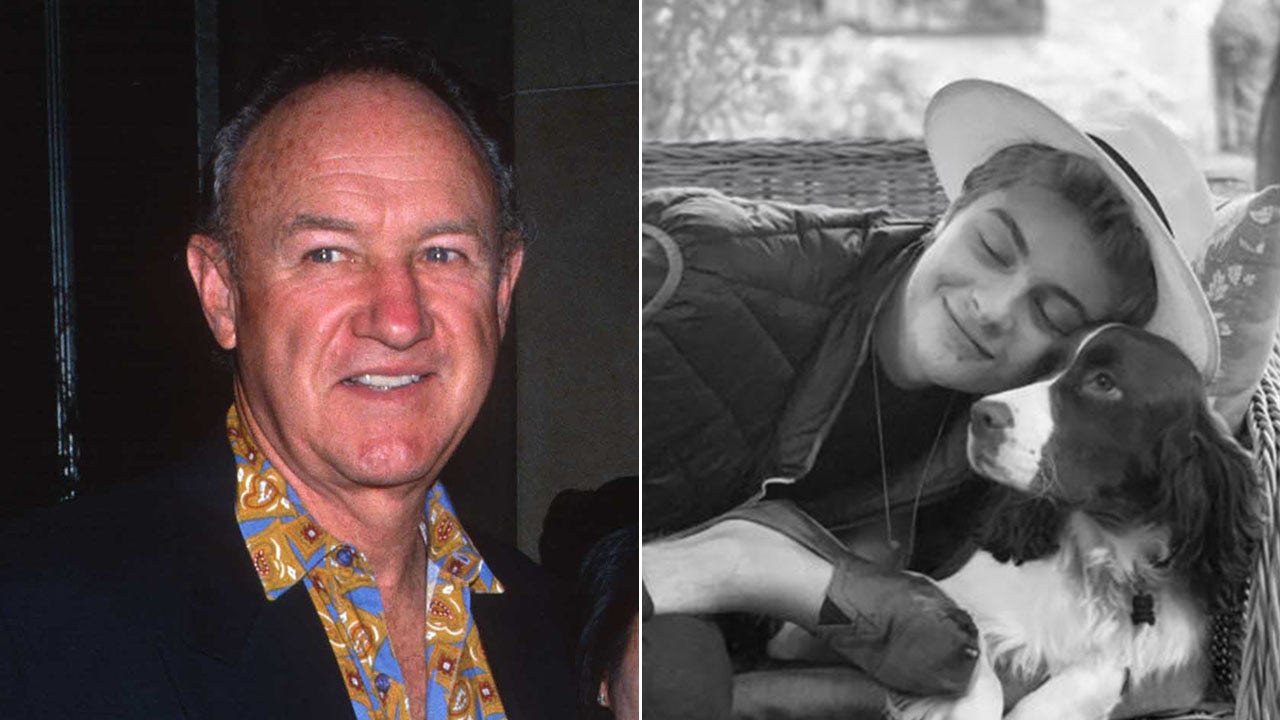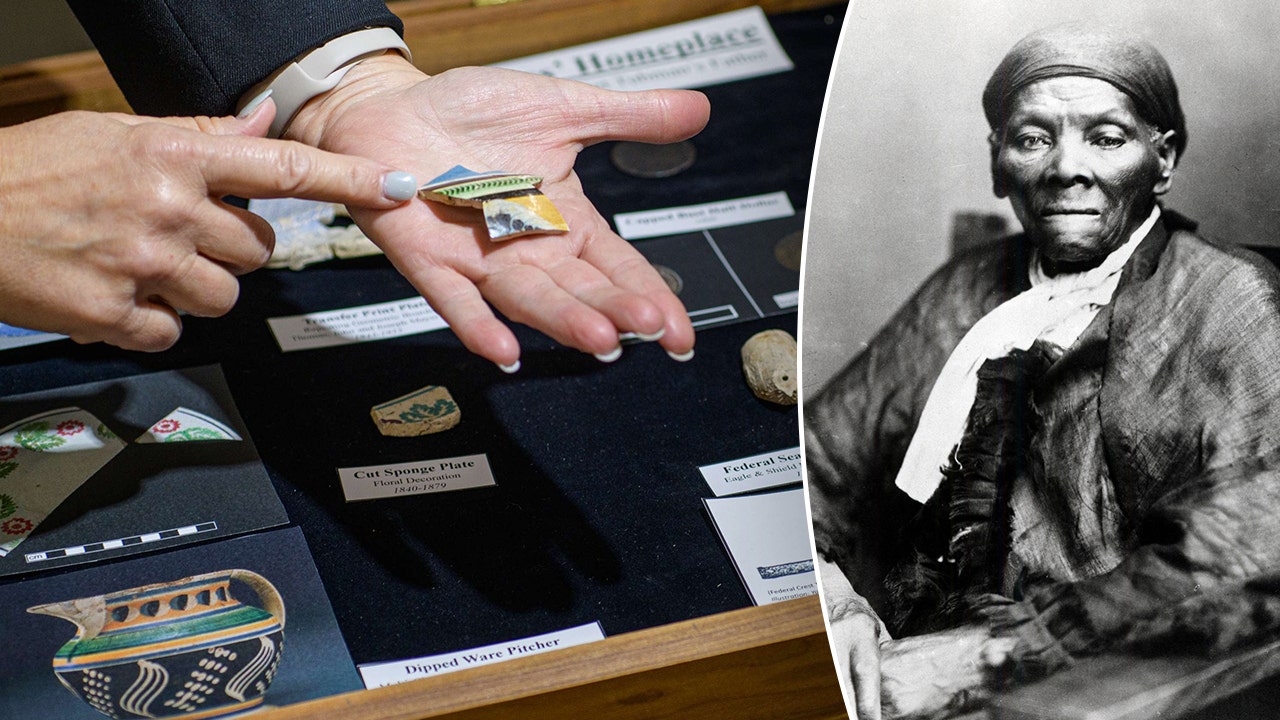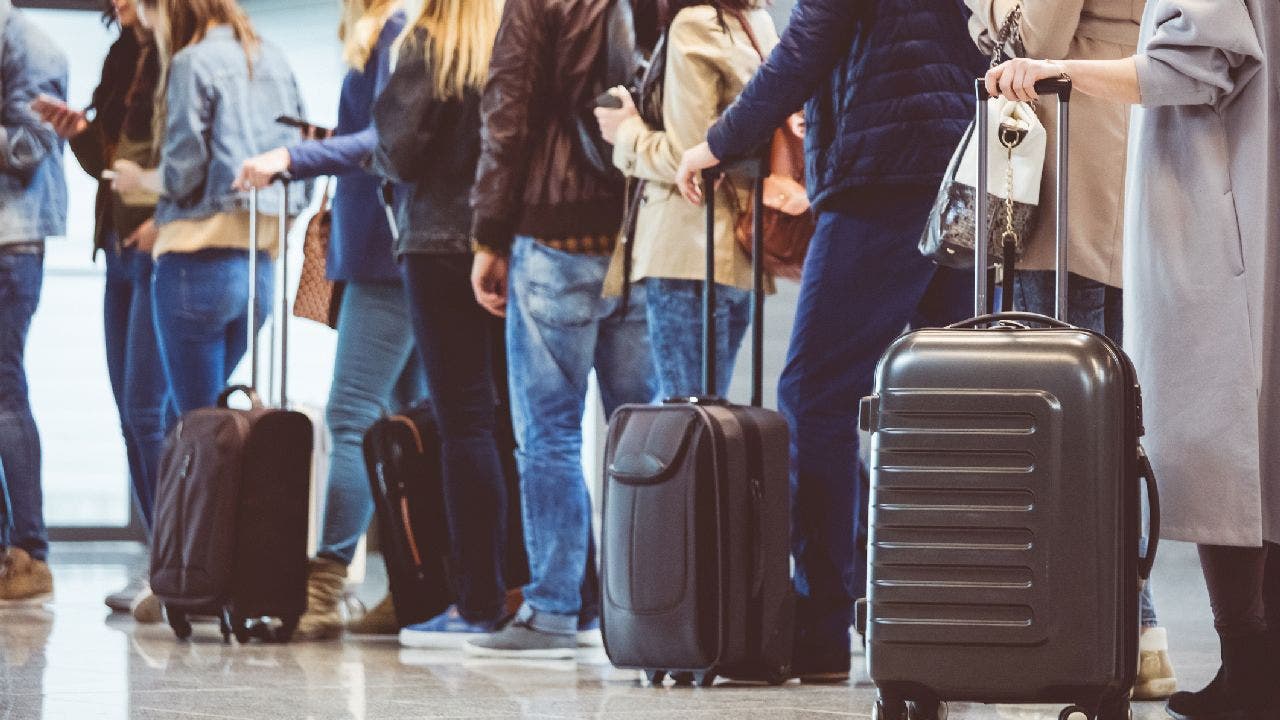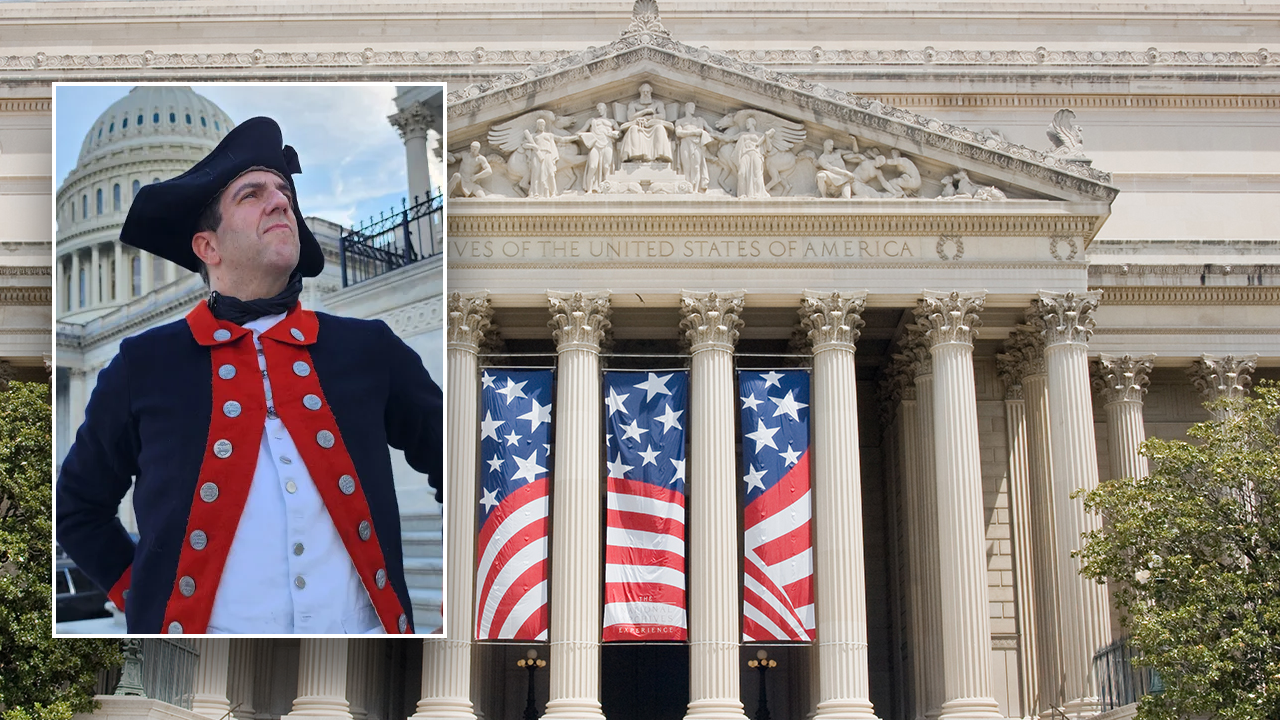America is All About ‘We the People’
I recently made a pilgrimage to the National Archives in Washington, D.C., to see the United States Constitution — the one that George Washington and 38 other Founders signed with a goose quill 238 years ago.
When you enter the rotunda where the Constitution is displayed, it almost feels like you’re visiting a cathedral, minus the smell of incense.
The ceiling towers overhead.
The lights are dimmed to protect the delicate calf-skin document.
Visitors speak in hushed tones as if entering a sacred space.
At the far end of the room sits a case, encased in thick glass and titanium, filled with inert Argon gas, safeguarding those four butter-colored pages.
As one approaches, the eye is drawn first to three powerful words written in elegant, back-slanted calligraphy: “We the People.”
Those words resonate deeply, like a heartbeat of the nation — the foundation upon which democracy stands.
These words carry an urgency that feels particularly vital in today’s charged political climate. America only thrives when “we the people” engage, take ownership, and contribute actively.
“America only functions when ‘we the people’ care, pay attention and get involved.”
Renewed Inspiration Among Visitors
One guide at the National Archives shared her joy in facilitating discussions with Americans visiting the Constitution. She noted, more often than not, they leave the experience feeling invigorated. That spark often transforms into action — whether it’s enrolling to vote in local elections or even running for roles at their children’s PTAs.
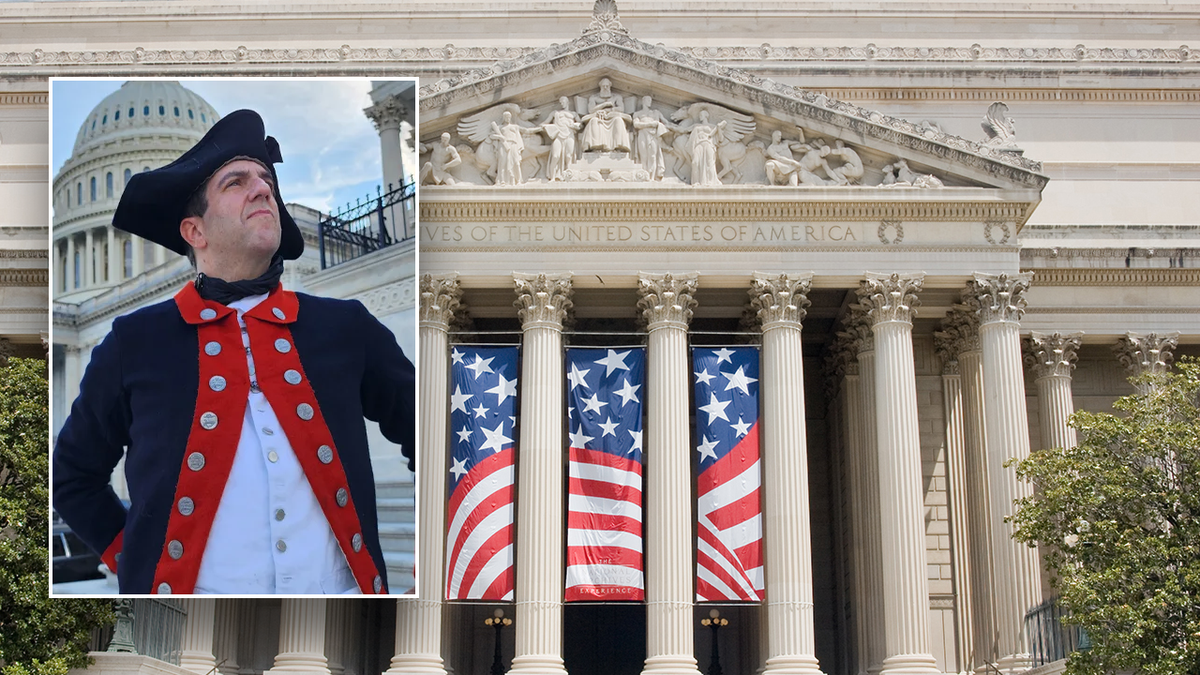
For many, the phrase “we the people” morphs into a personal charge to participate in shaping their communities — a refreshing antidote for pervasive feelings of helplessness and disillusionment.
Bridging the Disconnect
Today, there’s an undeniable disconnect felt across the political landscape. Some dismiss the entire system, perceiving it as corrupt or too difficult to salvage. Yet the proof of its resilience lies in engagement. Positive change blooms from active participation.
“I’m a fan of having schools teach kids how to be better citizens.”
Visiting the Constitution serves as a powerful reminder that America thrives as a collective of “we the people,” but ingenuity in reconnecting requires more than a solitary visit.
In the classrooms, implementing an enriching civics curriculum could ignite sparks of curiosity. While **civics** may sound dull, the essence holds something vibrant — it challenges young minds to explore how a diverse society can harmoniously coexist, addressing fundamental questions of identity and belonging.
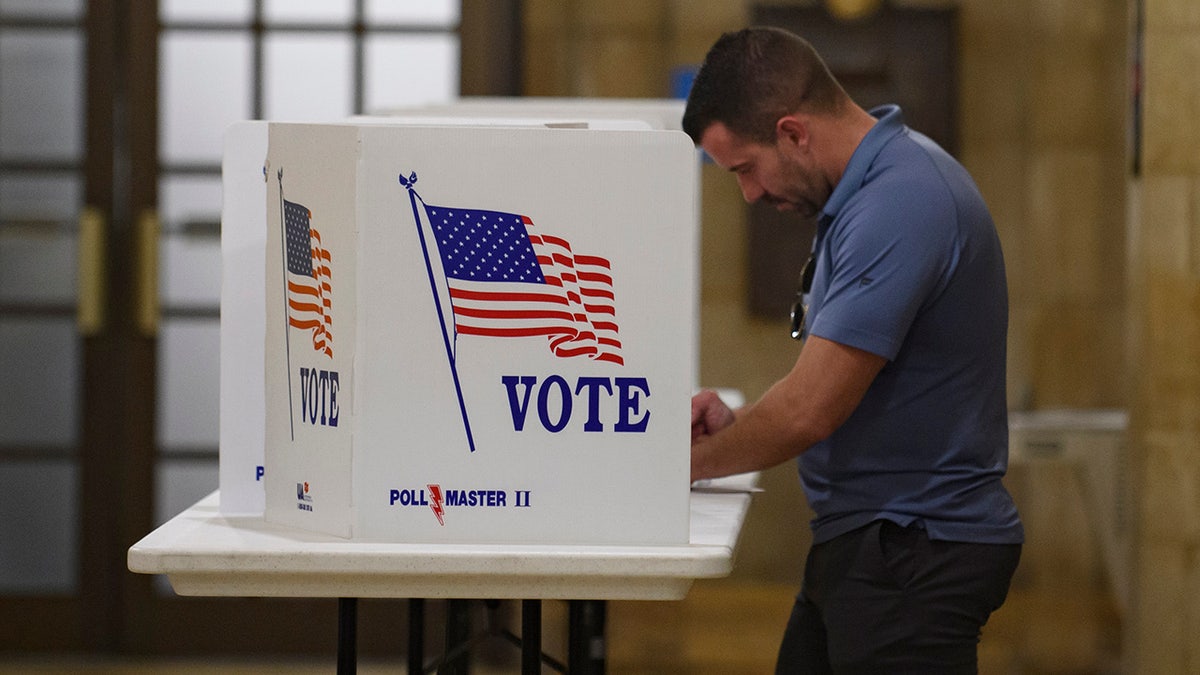
Towards a United Society
Focusing on the word “We” might help steer America back toward unity, moving from divisive “us versus them” mentalities. A collective sense of purpose is crucial for a society staggering under division.
While the glue that binds us remains elusive, emphasizing community service could forge connections. In past centuries, civic duty meant stepping up for militia training, creating a shared sense of responsibility. Thankfully, those obligations are antiquated, yet the need for togetherness remains pressing.
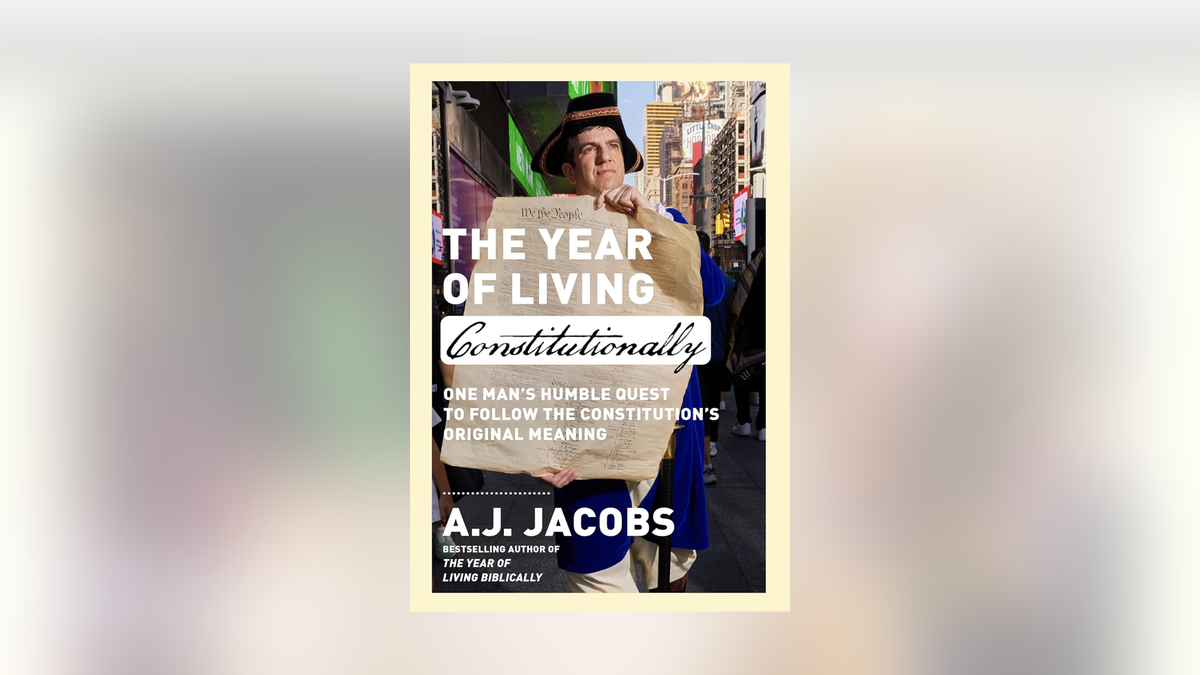
Whatever modern service opportunities may arise, they should be designs for shared experiences that rekindle a collective spirit. “The Year of Living Constitutionally: One Man’s Humble Quest to Follow the Constitution’s Original Meaning” by A.J. Jacobs (2024) is a call to that shared commitment amidst evolving democratic values.
In the heart of Washington, D.C., standing before the Constitution inspires reflection about what “We” truly means and how each individual can contribute to a more vibrant and inclusive democracy.


